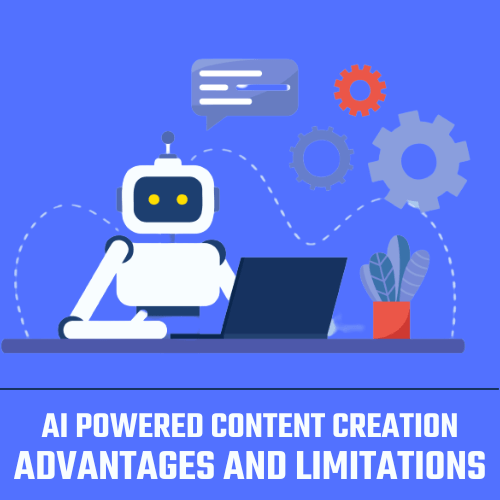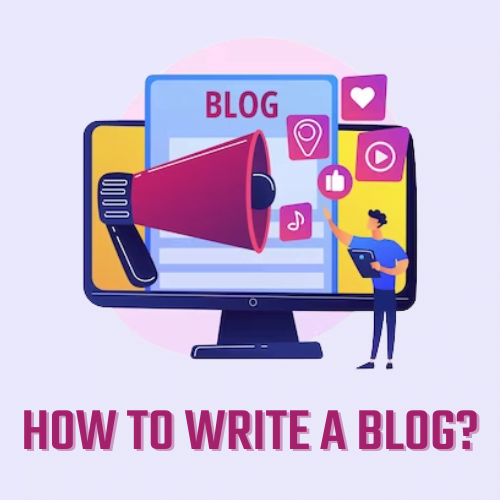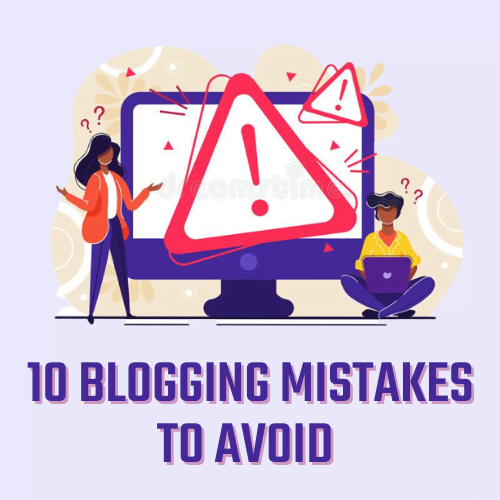Introduction
AI Powered Content Creation – Advantages and Limitations: In today’s digital landscape, AI-powered content creation is revolutionizing the way we produce and consume content. This cutting-edge technology utilizes artificial intelligence algorithms to generate high-quality, engaging content that resonates with the target audience. In this article, we will explore the advantages and limitations of AI-powered content creation and delve into its impact on the content marketing industry.
The Power of AI in Content Creation
Enhancing Efficiency and Productivity
AI-powered content creation tools streamline the content creation process, enabling marketers and writers to produce a vast amount of content in a shorter period. These tools automate repetitive tasks, such as research, topic generation, and even writing, freeing up valuable time for content creators to focus on strategy and creativity.
Improved Content Quality and Consistency
AI algorithms are designed to analyze large datasets and identify patterns, allowing them to generate content that is both high-quality and consistent. By leveraging AI, content creators can maintain a consistent brand voice, adhere to style guidelines, and ensure content coherence across various platforms and channels.
Personalization at Scale
One of the significant advantages of AI-powered content creation is its ability to personalize content at scale. AI algorithms can analyze user data, preferences, and behavior to deliver customized content tailored to individual users. This level of personalization enhances user engagement, boosts conversion rates, and strengthens customer relationships.
Expanding Creativity and Innovation
Contrary to common misconceptions, AI-powered content creation does not replace human creativity; instead, it complements and enhances it. By automating routine tasks, AI allows content creators to focus on ideation, strategy, and innovation. With AI assistance, content creators can explore new ideas, experiment with different formats, and push the boundaries of content creation.
Also Read: Content Writing in the AI Era : Adapting to the Future Landscape
Limitations and Challenges of AI in Content Creation
Contextual Understanding and Creativity
Although AI has made significant advancements, it still struggles with understanding context and generating content that exhibits human-level creativity. AI algorithms lack the ability to comprehend nuanced topics, cultural references, and emotional aspects that humans excel at. Consequently, AI-generated content may lack depth, originality, and the ability to evoke emotions.
Language and Cultural Nuances
Language is a complex system with intricate nuances and cultural references that vary across regions. AI algorithms trained on specific datasets may not capture these subtleties accurately, leading to potential misunderstandings or misinterpretations in content. Content creators must carefully review and edit AI-generated content to ensure cultural sensitivity and avoid unintended biases.
Ethical and Legal Considerations
AI-powered content creation raises ethical and legal concerns related to copyright infringement and plagiarism. Although AI algorithms strive to create unique content, there is a risk of unintentional similarity to existing content. Content creators must exercise caution and verify the originality and legality of AI-generated content before publishing.
Lack of Emotional Intelligence
One of the limitations of AI in content creation is its inability to convey emotions effectively. Emotional intelligence is crucial for crafting compelling narratives and connecting with the audience on an emotional level. AI-generated content may lack the human touch necessary to create authentic and empathetic connections with readers.
FAQs (Frequently Asked Questions)
Q: Can AI completely replace human content creators?
A: No, AI cannot completely replace human content creators. While AI can automate certain tasks and enhance productivity, human creativity, intuition, and emotional intelligence are indispensable in content creation.
Q: How can AI-powered content creation benefit businesses?
A: AI-powered content creation can benefit businesses by improving efficiency, enhancing content quality, enabling personalization at scale, and fostering innovation. It allows businesses to create more content in less time while maintaining consistency and engaging their target audience effectively.
Q: What steps can content creators take to ensure ethical AI-powered content creation?
A: Content creators should review and edit AI-generated content for cultural sensitivity, avoid unintended biases, and ensure originality. Additionally, they should comply with copyright laws, attribute sources appropriately, and verify the legality of AI-generated content.
Q: Can AI-generated content evoke emotions in the same way as human-created content?
A: AI-generated content may struggle to evoke emotions in the same way as human-created content. Emotional intelligence and the ability to understand and empathize with the audience are areas where AI algorithms still have limitations.
Q: How can content creators leverage AI-powered tools effectively?
A: Content creators can leverage AI-powered tools effectively by using them as aids rather than replacements. They can rely on AI for tasks such as research, data analysis, and content generation, while utilizing their human expertise to add creativity, context, and emotional depth to the content.
Q: What precautions should content creators take when using AI-powered content creation tools?
A: Content creators should exercise caution when using AI-powered content creation tools by reviewing and editing the generated content. They should ensure that the content aligns with their brand voice, adheres to their style guidelines, and meets the needs and expectations of their target audience.



